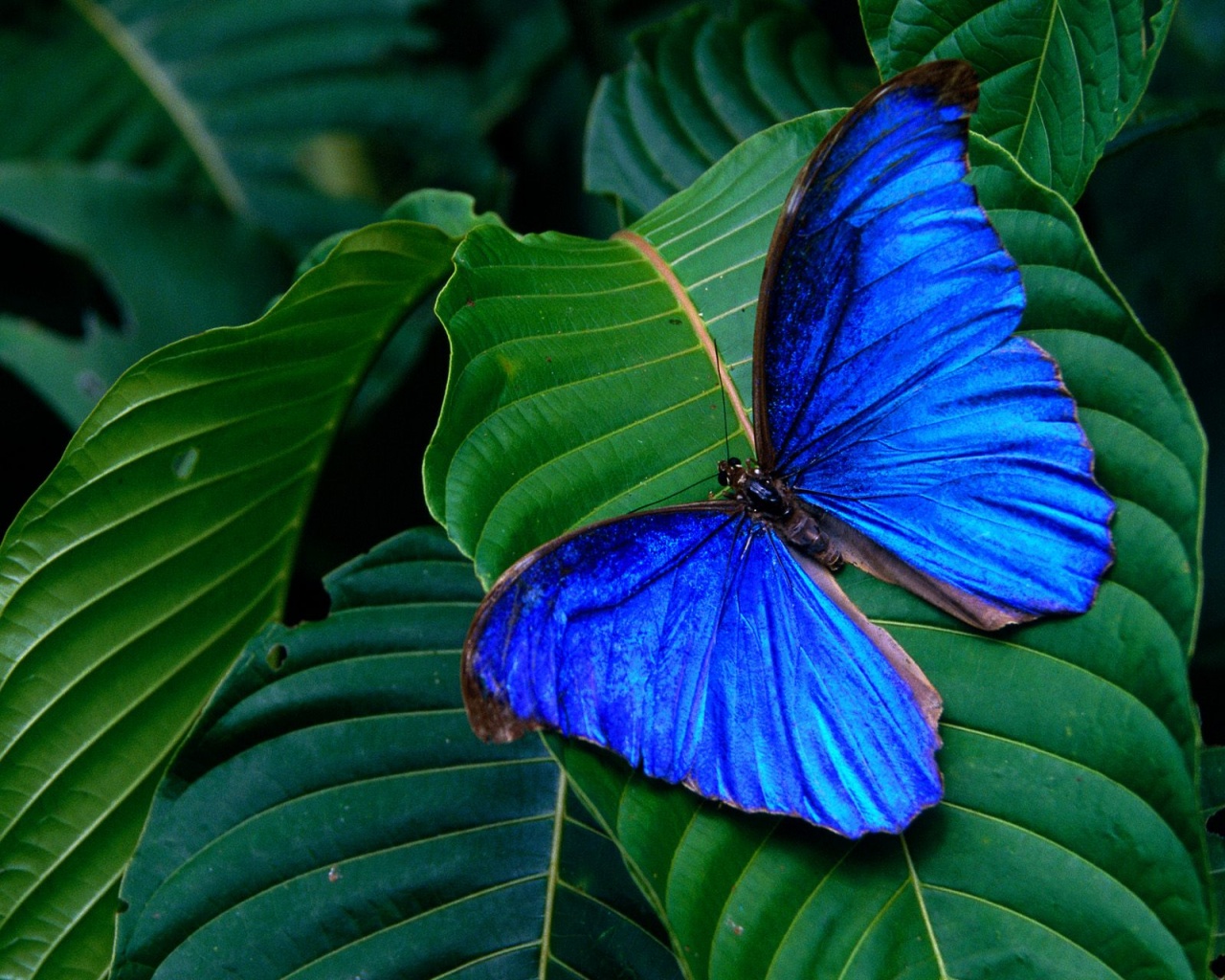 |
LITR 4328 American
Renaissance Research Posts 2015 (research post assignment) Research Post 1 |
 |
Mariah Gladden
The
Byronic Hero
The Byronic hero isn’t your typical courageous, go-getter hero. He’s more
of a sit and brood kind of guy, “lacking typical heroic qualities such as
idealism, courage, and morality”
A Byronic hero is “often deeply psychologically tortured and reluctant to
identify themselves as heroic”
Examples of the Byronic hero can be found throughout American Renaissance
literature. In Last of the Mohicans,
“the dark, wounded, handsome Huron Magua” would be the Byronic hero for the
story
Having researched the topic of the Byronic hero, I feel as if I now fully understand what the term entails. The Byronic hero isn’t really a hero at all. He’s an extreme version of a rebellious, self-centered teenager. He is emotional and passionate and kind of a jerk. The Byronic hero is a staple of literature both old and new. He’s a character you are either going to love or hate, but he is going to be around for a long time.
 |
 |
 |